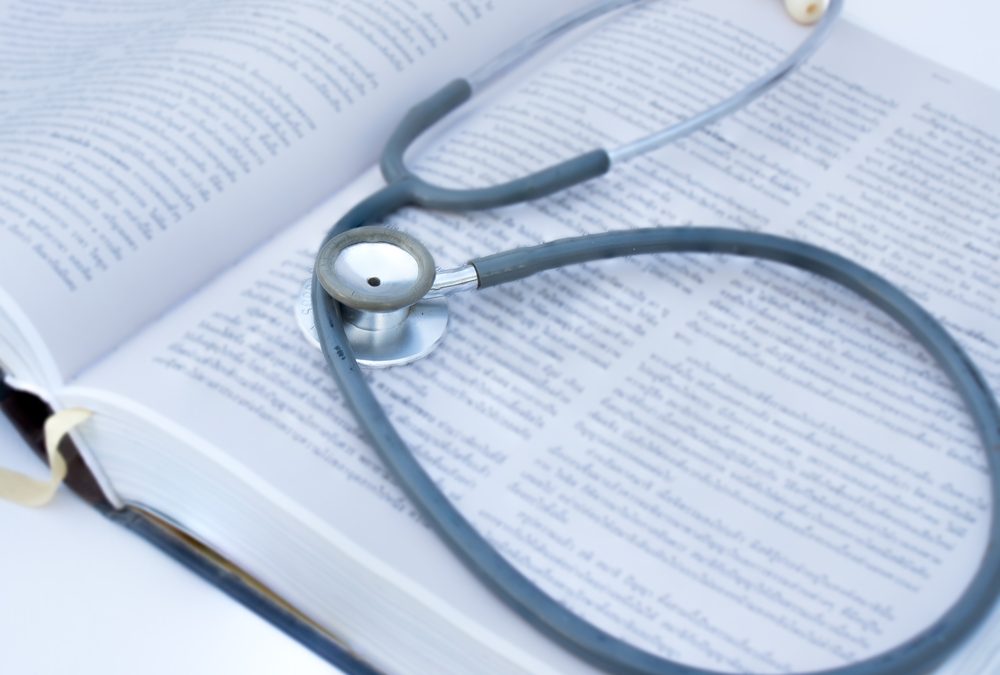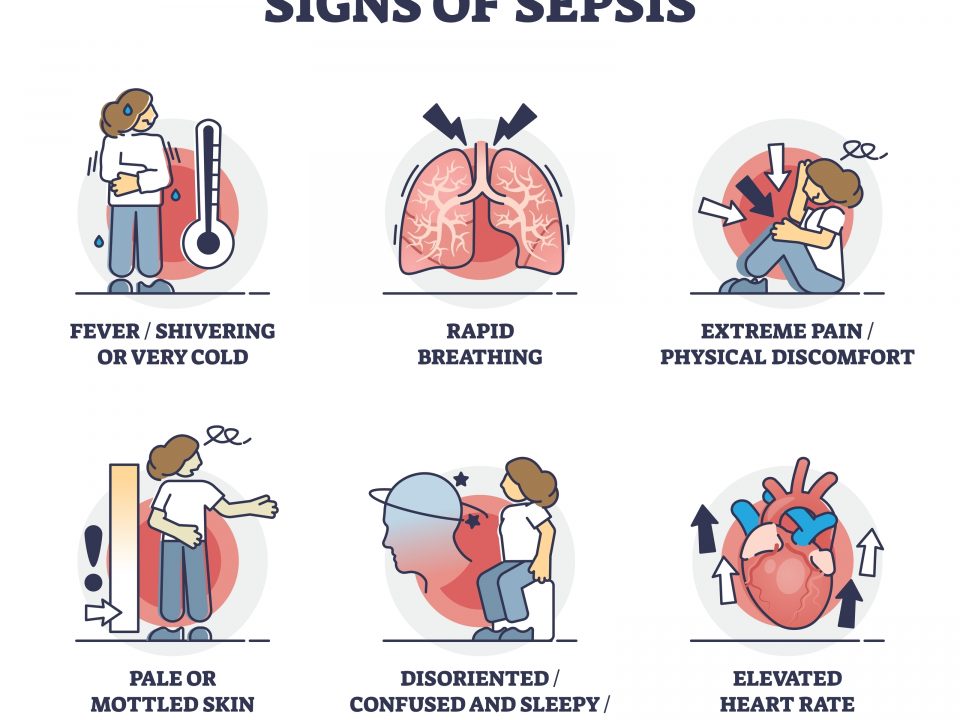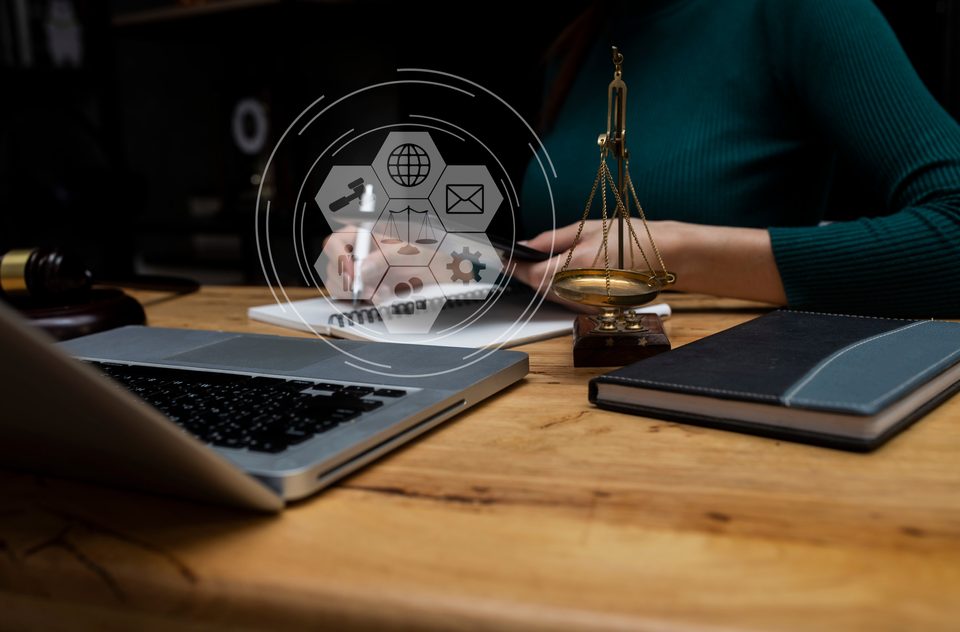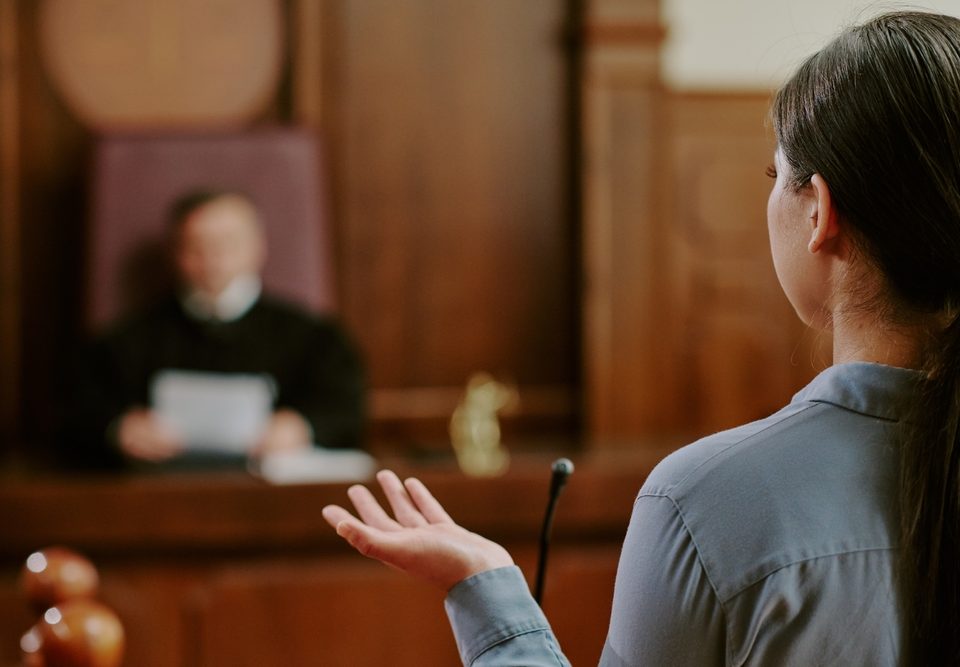
The Role of Remote Evidence: Is It A Problem If The Witness Is Not In The UK?
4th March 2024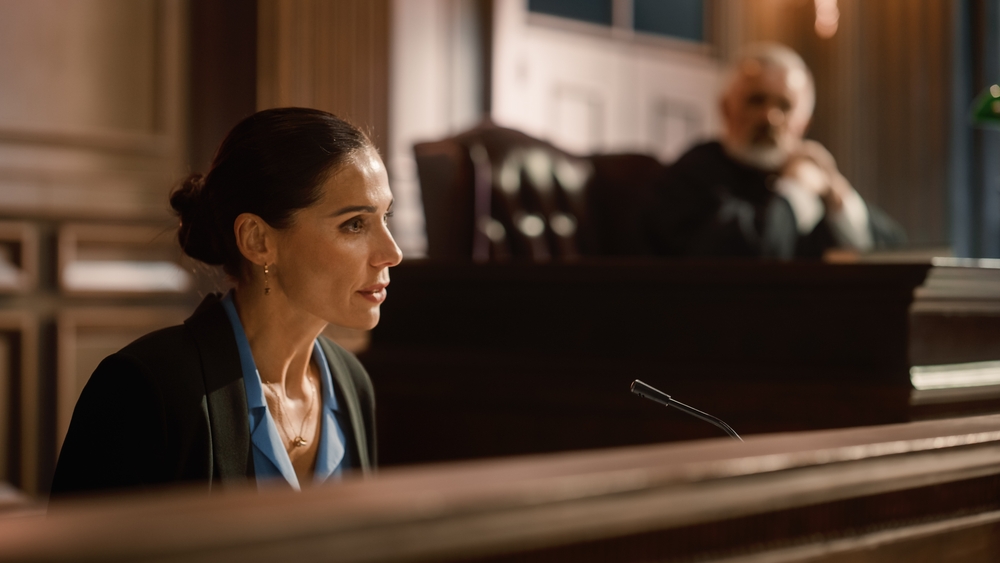
Why Being A Witness At An Inquest Is Different From Being A Witness In A Clinical Negligence Case
3rd April 2024The GMC has provided an update on witness statements and expert evidence that any medical professional who is thinking of undertaking a role as an expert witness will need to be exceedingly mindful of in order to avoid legal pitfalls or trial prejudices. Primarily, the guidance builds on the standards of good medical practice – the principles, values and standards of care – which all medical professionals are duty-bound by.
Stringent Standards
An expert witness must be able to call on the standards of good medical practice to underpin their professional judgement. They must act impartially, in good faith and be able to confidently explain their opinions and actions with a clear understanding of their legal and professional responsibilities, specific to their role. The high standards rightly expected of a medical expert called on to give a witness statement in court can influence public opinion in the justice system.
How Might You Be Called Upon and in What Capacity?
You could be asked to provide an expert opinion on an individual’s care or treatment, or be an ‘expert witness’ on a specialist area. Alternatively, you may be asked to act as a ‘witness of fact’ related to your direct or indirect involvement.
Any of these could be undertaken within a range of settings and legal proceedings and could include:
· Civil or criminal cases arising from a healthcare event
· Coroners’ inquests and fatal accident cases
· Tribunals including fitness to practice hearings
· Statutory public enquiries
· Regulatory and investigatory cases
· Court applications involving a patient’s lack of capacity
The Key Principles
All medical professionals acting as an expert witness or witness of fact must adhere to a strict set of principles as follows:
- Integrity, objectivity and honesty must underline your role as an expert opinion.
- All statements and reports or oral evidence must be accurate, not misleading and to the best of your knowledge should include all relevant information the court requires. You must take all reasonable steps to check the accuracy of all information provided by you.
- You must take all steps to understand the processes and what is required of you including procedural requirements and how confidential information is to be handled. This includes taking every step to meet deadlines for input of reports and statements. You must also attend case conferences or preliminary case management hearings as required.
- When giving evidence or an expert opinion your statements must be within your relevant knowledge base and professional competence and experience. You must explain the difference between what is factual evidence and what is your professional opinion.
- If a subject falls outside of your area of expertise or direct knowledge of events you should decline to comment on this and explain clearly why. If pressed on the issue you may answer to the best of your ability but make clear where the limits of your knowledge lie.
- When giving evidence or expert opinion you should be mindful that people who are not medically trained, and this includes judges, jurors and other witnesses, may not understand all the technical and medical terms. You should strive to use language and terminology which is more easily understood plus visual aids if necessary for clarity and the avoidance of misunderstanding.
- To maintain the independence and objectivity of your evidence or opinion and avoid a conflict of interest you must not allow any form of personal relationship with, or personal views about any individual or organisation involved in the case. If a conflict of interest is unavoidable you should consult the relevant guidance before proceeding.
While this may seem like a lot to take in, reputable medical professionals should have no issue adhering to the guidance put in place to ensure the efficacy and trustworthiness of an expert medical witness.

